
Annamacharya
Institute of Technology & Sciences
Rajampet, Estd. 1998
ISO 9001:2015

Annamacharya
Institute of Technology & Sciences
Rajampet, Estd. 1998
ISO 9001:2015
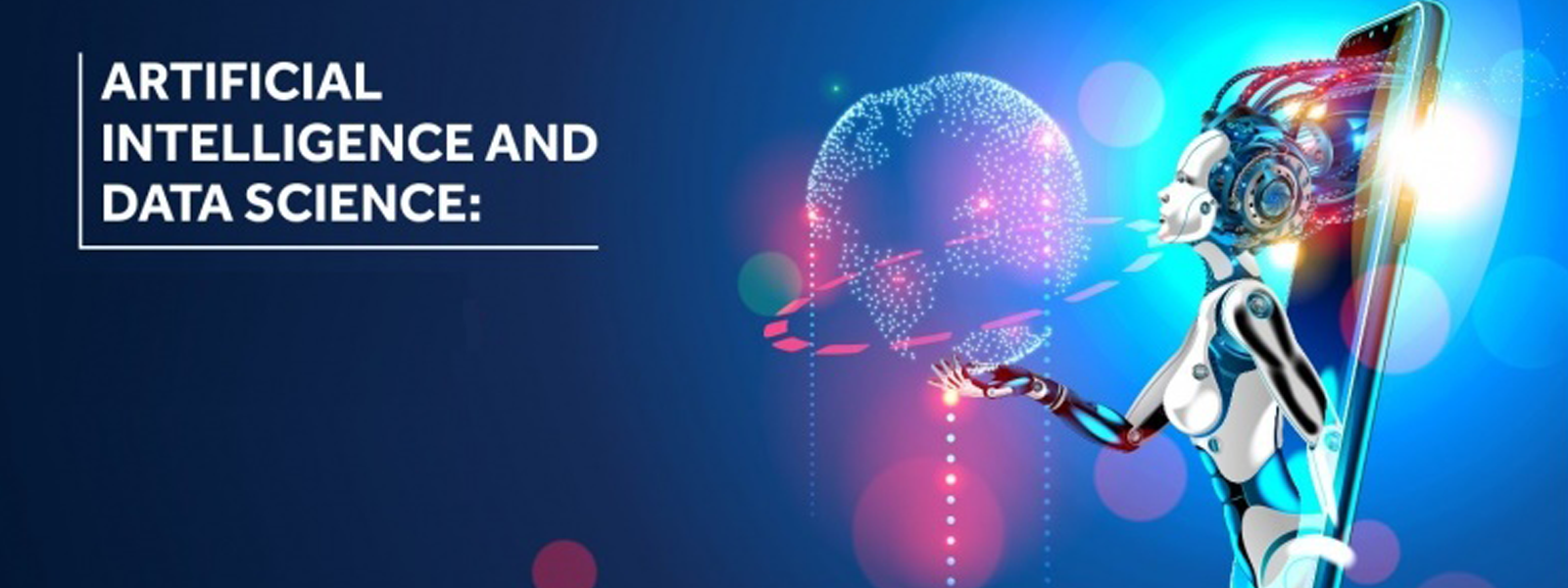
Artificial Intelligence and Data Science (AI&DS) is a new, exponentially emerging field which consists of a set of tools and techniques used to extract useful information from data. AI&DS is a fast growing discipline and is full of rigorous practical analysis. The demand for undergraduates in AI and DS has experienced an increasing demand in the Global market over the last few years. Building human-level thought processes through the creation of artificial intelligence (AI) is the state-of-the-art in Computer Science. Intelligent machines are influenced by emerging technologies, smart devices, sensors, computing power, faster data processing, huge storage and human-machine interaction capabilities. Data Science (DS) is an interdisciplinary field with the ability to extract knowledge/insights from data - be it structured, unstructured, or semi-structured data. AI with DS, is in demand with the extensive usage of smart phones, innovations in social media, online banking, etc.., and more efficient and powerful solutions to smart environments including Internet of Things and Industry 4.0. AI and DS delivers data driven solution using computational principles, methods and systems for extracting knowledge from data and modern computational systems that demonstrate capabilities of perception, reasoning, learning and action that are typical of human intelligence.
B.Tech. Artificial Intelligence and Data Science programme kick-starts, in our College, from the academic year 2020 – 21 with a vision to build the intellectual capital of the society through research-based education, creating new knowledge and innovations. AI and DS course aims to indulge knowledge in not only the core technologies such as artificial intelligence, data warehousing, data mining and data modelling and also make ready students expertise in thrust areas such as machine learning and big data analytics. Students with this course can gain thorough knowledge in: Intelligent Systems, Machine Learning, Deep Learning, Reinforcement Learning, Natural Language Processing, Text Technologies for Data Science, Data Analytics and Mining, Big Data Management, Data Visualization, Bayesian Data Analysis, Probabilistic Modeling and Reasoning, Cloud Technologies, Internet of Things, Statistical Learning and visualization skills.
This graduate program has a comprehensive coverage of applied mathematics used in data science and artificial intelligence while preparing the students to analyze, design and experiment solutions to problems. The curriculum targets technical and design skills, AI knowledge, and competencies needed to master strategic analytical methods and tools, and data management, with the objective of creating innovative strategies to solve challenging real-world problems.
Career opportunities in Artificial Intelligence and Data Science are Data Scientist, Knowledge Engineer, Data Engineer, Business Analyst, Data Analyst, Business Intelligence Engineer and Research Scientist.
The faculty members are highly motivated and devoted in delivering the highest quality professional education to students, and strive to excel in their research areas.
The vision of the Department of Artificial Intelligence and Data Science is to impart quality education and produce high quality, creative and ethical engineers, instill professionalism, enhance students' problem solving skills in the domain of artificial intelligence and data science with a focus to prepare them for the industry, engage them in potential research areas, to pursue and have continued professional growth to serve the greater cause of society.
Designation: Associate Professor & Head
Department: AI&DS
Mobile Number: +91 8712314387
Email ID: phanindra.44u@gmail.com
Click Here for Profile| S.No. | Programme Educational Objectives |
|---|---|
| PEO1 | To Formulate, analyze and solve Engineering problems with strong foundation in Mathematical, Scientific, Engineering fundamentals and modern computing practices through advanced curriculum. |
| PEO2 | Analyze the requirements, realize the technical specification and design the Engineering solutions by applying artificial intelligence and data science theory and principles. |
| PEO3 | Demonstrate technical skills, competency in AI and DS and promote collaborative learning and team work spirit through multi -disciplinary projects and diverse professional activities. |
| PEO4 | Equip the graduates with strong knowledge, competence and soft skills that allows them to contribute ethically to the needs of society and accomplish sustainable progress in the emerging computing technologies through life-long learning. |
Engineering Graduates will be able to
| S.No. | PROGRAM OUTCOMES (POs) |
|---|---|
| PO1 | Engineering knowledge: Apply the knowledge of mathematics, science, engineering fundamentals, and an engineering specialization to the solution of complex engineering problems. |
| PO2 | Problem analysis: Identify, formulate, review research literature, and analyze complex engineering problems reaching substantiated conclusions using first principles of mathematics, natural sciences, and engineering sciences. |
| PO3 | Design/development of solutions: Design solutions for complex engineering problems and design system components or processes that meet the specified needs with appropriate consideration for the public health and safety, and the cultural, societal, and environmental considerations. |
| PO4 | Conduct investigations of complex problems: Use research-based knowledge and research methods including design of experiments, analysis and interpretation of data, and synthesis of the information to provide valid conclusions. |
| PO5 | Modern Tool Usage: Create, select, and apply appropriate techniques, resources, and modern engineering and IT tools including prediction and modeling to complex engineering activities with an understanding of the limitations. |
| PO6 | The engineer and society: Apply reasoning informed by the contextual knowledge to assess societal, health, safety, legal and cultural issues and the consequent responsibilities relevant to the professional engineering practice. |
| PO7 | Environment and sustainability: Understand the impact of the professional engineering solutions in societal and environmental contexts, and demonstrate the knowledge of, and need for sustainable development. |
| PO8 | Ethics: Apply ethical principles and commit to professional ethics and responsibilities and norms of the engineering practice. |
| PO9 | Individual and team work: Function effectively as an individual, and as a member or leader in diverse teams, and in multidisciplinary settings. |
| PO10 | Communication: Communicate effectively on complex engineering activities with the engineering community and with society at large, such as, being able to comprehend and write effective reports and design documentation, make effective presentations, and give and receive clear instructions. |
| PO11 | Project management and finance: Demonstrate knowledge and understanding of the engineering and management principles and apply these to one’s own work, as a member and leader in a team, to manage projects and in multidisciplinary environments. |
| PO12 | Life-long learning: Recognize the need for, and have the preparation and ability to engage in independent and life-long learning in the broadest context of technological change. |
| S.No. | Programme Specific Outcomes |
|---|---|
| PSO1 | Understand, analyze and develop essential proficiency in the areas related to artificial intelligence and data science in terms of underlying statistical and computational principles and apply the knowledge to solve practical problems. |
| PSO2 | Implement Artificial Intelligence and data science techniques such as search algorithms, neural networks, machine learning and data analytics for solving a problem and designing novel algorithms for successful career and entrepreneurship. |
| PSO3 | Apply the skills in the areas of health care, education, agriculture, intelligent transport, environment, smart systems and in the multi-disciplinary area of Artificial Intelligence and Data Science. |
Artificial Intelligence & Data Science is a four-year Bachelor of Technology (B. Tech) degree offered by the department. The B. Tech program's curriculum consists of core courses, department elective courses, seminars, laboratory experiments, and projects. The curriculum provides enough freedom for students to choose optional courses that expose them to different specialties in Artificial Intelligence & Data Science.
| S.No | Program Name | Year | Intake |
| 1 | B. Tech | 2020 | 60 |
| 2 | B. Tech | 2021 | 120 |
| 3 | B. Tech | 2022 | 120 |
| 4 | B. Tech | 2023 | 180 |
| 5 | B. Tech | 2024 | 180 |
| 6 | B. Tech | 2025 | 240 |
| List of BoS Members: | |||
| S.No. | Name of the Member | Role in Board of Studies | Category |
| 1 | Dr. P Phanindra Kumar Reddy | Chairman | Ex-officio |
| 2 | Mr. S Ashok Kumar | Member | Internal Member |
| 3 | Mr. B Venkatesu Goud | Member | Internal Member |
| 4 | Dr. V C Bharathi | Member | Outside Subject Expert |
| 5 | Dr. B. R. Chandavarkar | Member | Outside Subject Expert |
| 6 | Dr. R. Rajashekar | Member | University Nominee |
| 7 | Varun Kumar Reddy Gangu | Member | Industry Expert |
| 8 | B. Krishna Reddy | Member | Alumni Member |
| S.No | Name | Designation | Date of Joining | Photo | Profile |
|---|---|---|---|---|---|
| 1. | Dr. P Phanindra Kumar Reddy | Associate Professor & Head | 18.06.2008 | 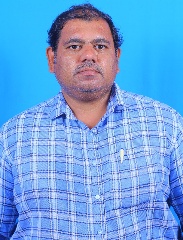 |
View |
| 2. | Dr. K Uday Kumar Reddy | Associate Professor | 14.08.2004 | 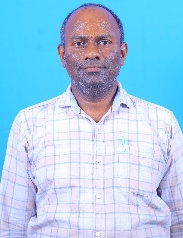 |
View |
| 3. | Mr. B Panduranga Raju | Assistant Professor | 18.06.2007 | 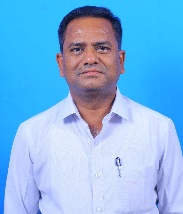 |
View |
| 4. | Mr. A Ramesh Babu | Assistant Professor | 30.08.2010 | 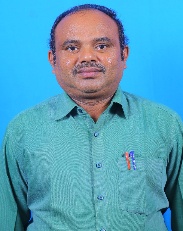 |
View |
| 5. | Mr. S Ashok Kumar | Assistant Professor | 01.08.2015 | 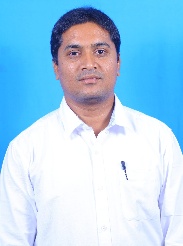 |
View |
| 6. | Mr. P Nagendra | Assistant Professor | 20.06.2016 |  |
View |
| 7. | Mr. B Venkatesu Goud | Assistant Professor | 21.04.2022 | 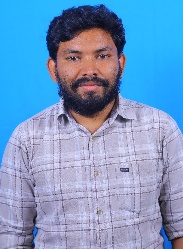 |
View |
| 8. | Mrs. N Swathi | Assistant Professor | 15.06.2023 | 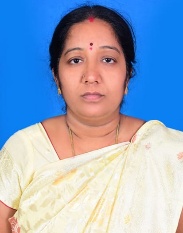 |
View |
| 9. | Mr. U Naresh Kumar | Assistant Professor | 01.09.2023 | 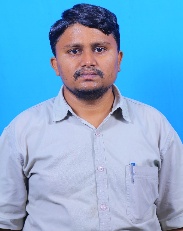 |
View |
| 10. | Ms. S Prasanna | Assistant Professor | 03.10.2023 | 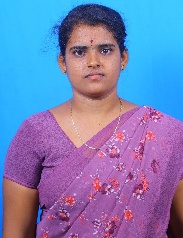 |
View |
| 11. | Ms. M Joshna | Assistant Professor | 05.10.2023 | 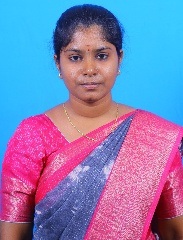 |
View |
| 12. | Mrs. P Renuka | Assistant Professor | 11.03.2024 | 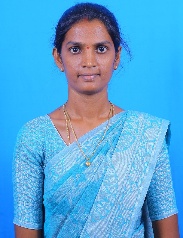 |
View |
| 13. | Mr. M Baba Vali | Assistant Professor | 12.07.2024 | 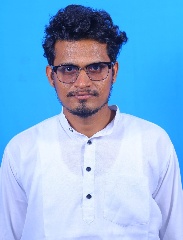 |
View |
| 14. | Ms. D Sai Shireesha | Assistant Professor | 28.08.2024 | 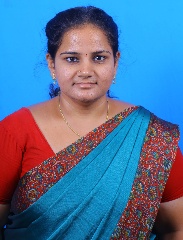 |
View |
| 15. | Ms. M Nandini | Assistant Professor | 03.10.2024 | 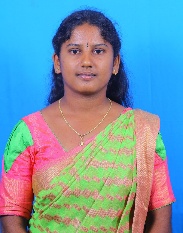 |
View |
| 16. | Mr. P Hari Krishna | Assistant Professor | 30.06.2025 | 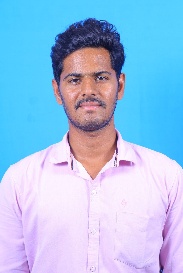 |
View |
| 17. | Ms. B Sireesha | Assistant Professor | 30.06.2025 | 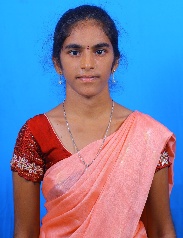 |
View |
| 18. | Ms. P Mabjan | Assistant Professor | 12.12.2022 |  |
View |
| 19. | Mr B Hari Krishna | Assistant Professor | 10.11.2025 |  |
View |
| S.No | Name | Designation | Date of Joining |
| 1. | Dr. P Phanindra Kumar Reddy | Associate Professor & Head | 18.06.2008 |
| 2. | Dr. K Uday Kumar Reddy | Associate Professor | 14.08.2004 |
| 3. | Mr. B Panduranga Raju | Assistant Professor | 18.06.2007 |
| 4. | Mr. A Ramesh Babu | Assistant Professor | 30.08.2010 |
| 5. | Mr. S Ashok Kumar | Assistant Professor | 01.08.2015 |
| 6. | Mr. P Nagendra | Assistant Professor | 20.06.2016 |
| 7. | Mr. B Venkatesu Goud | Assistant Professor | 21.04.2022 |
| 8. | Mrs. N Swathi | Assistant Professor | 15.06.2023 |
| 9. | Mr. U Naresh Kumar | Assistant Professor | 01.09.2023 |
| 10. | Ms. S Prasanna | Assistant Professor | 03.10.2023 |
| 11. | Ms. M Joshna | Assistant Professor | 05.10.2023 |
| 12. | Mrs. P Renuka | Assistant Professor | 11.03.2024 |
| 13. | Mr. M Baba Vali | Assistant Professor | 12.07.2024 |
| 14. | Ms. D Sai Shireesha | Assistant Professor | 28.08.2024 |
| 15. | Ms. M Nandini | Assistant Professor | 03.10.2024 |
| Sl.No | Inst. ID | Name of the faculty | Designation | Qualification | Date of joining |
| 1 | AITS051006 | Dr. P. Phanindra Kumar Reddy | Associate Professor & Head | M.Tech, Ph.D. | 18.06.2008 |
| 2 | AITS121005 | B. Panduranga Raju | Assistant Professor | M.Sc.(CS), M.Tech. | 18.06.2007 |
| 3 | AITS051013 | A. Ramesh Babu | Assistant Professor | M.Tech. | 30.08.2010 |
| 4 | AITS121012 | S. Ashok Kumar | Assistant Professor | M.Tech. | 01.08.2015 |
| 5 | AITS121013 | P. Nagendra | Assistant Professor | M.Tech. | 20.06.2016 |
| 6 | AITS051047 | B. Venkatesu Goud | Assistant Professor | M.Tech. | 21.04.2022 |
| 7 | AITS051079 | N. Swathi | Assistant Professor | M.Tech. | 15.06.2023 |
| 8 | AITS051048 | U. Naresh Kumar | Assistant Professor | M.Tech. | 01.09.2023 |
| 9 | AITS1F1026 | S. Prasanna | Assistant Professor | M.C.A. | 03.10.2023 |
| 10 | AITS1F1027 | M. Joshna | Assistant Professor | M.C.A. | 05.10.2023 |
| 11 | AITS1F1028 | P. Renuka | Assistant Professor | M.C.A. | 11.03.2024 |